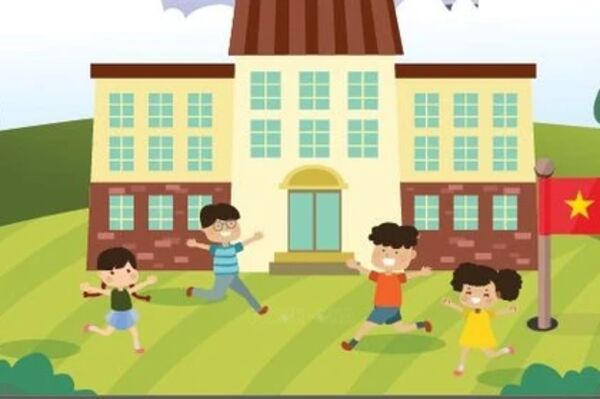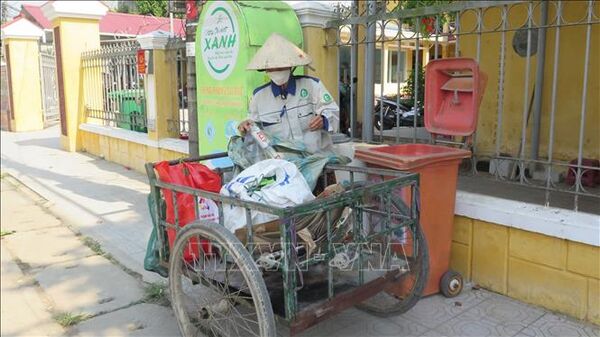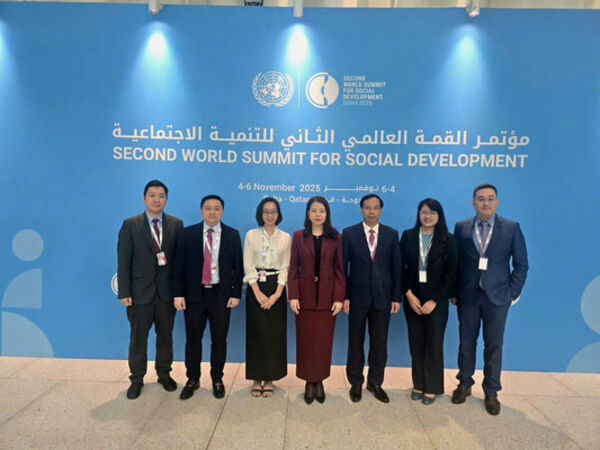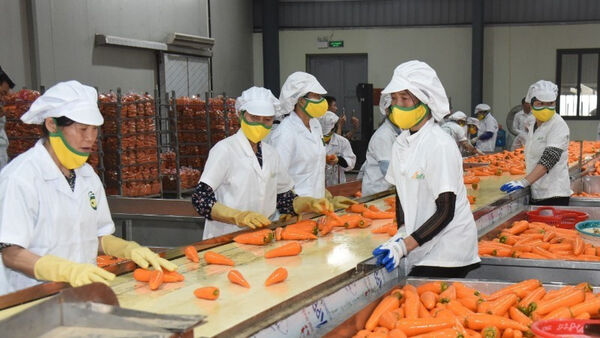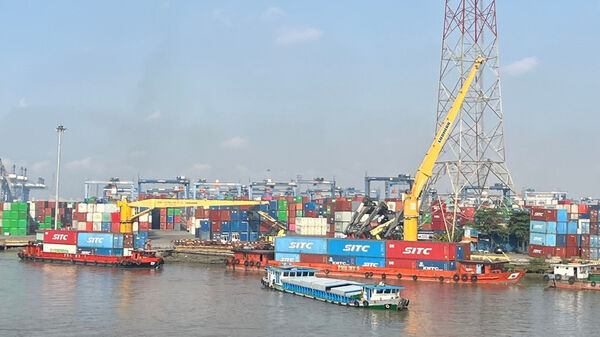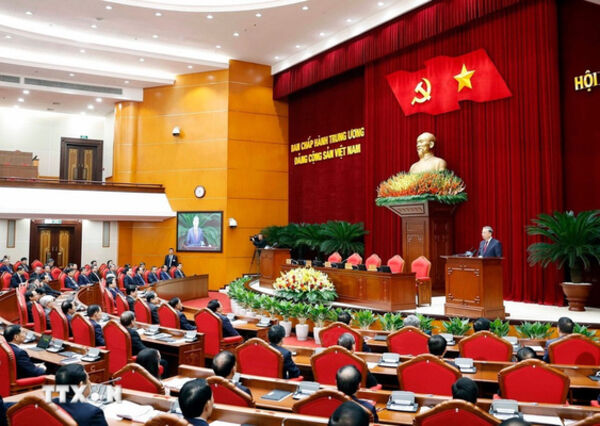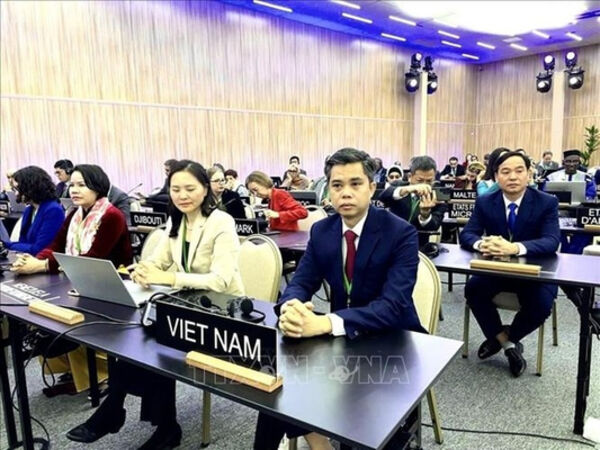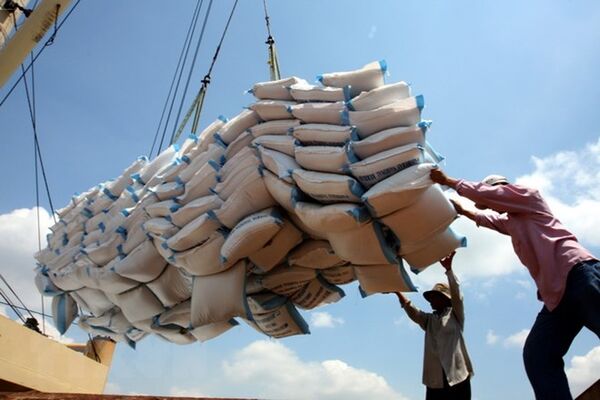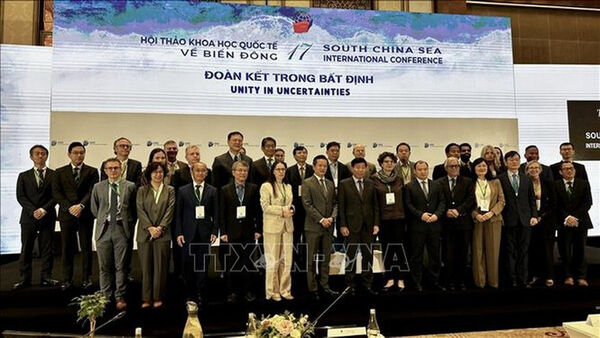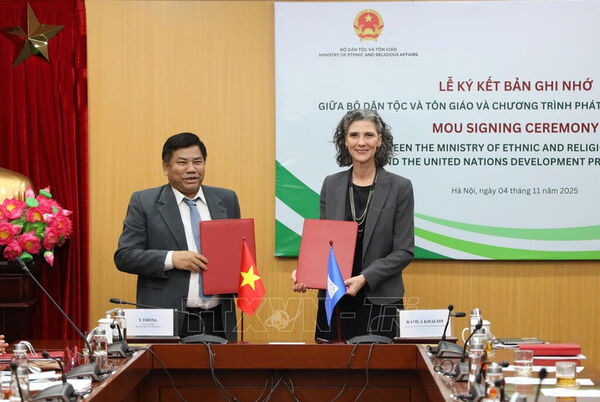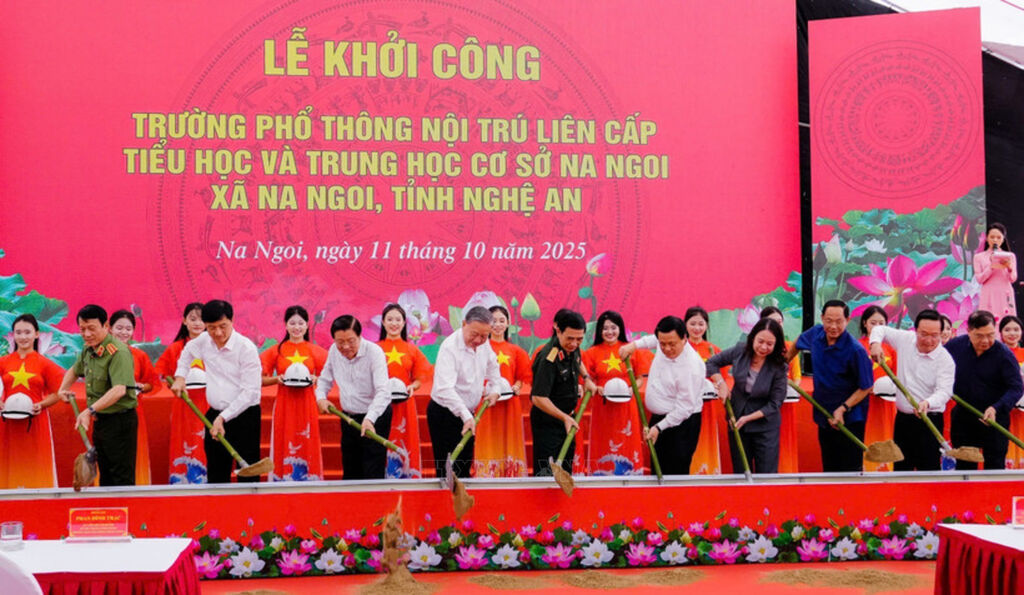 |
| Party General Secretary To Lam (front, fourth from left) and officials mark the start of construction on the Na Ngoi Primary and Junior Secondary Boarding School in Na Ngoi commune, Nghe An province, on October 11, 2025. (Photo: VNA) |
Hanoi (VNA) – Construction is scheduled to start simultaneously on 72 inter-level boarding schools in land border communes across 17 provinces and cities nationwide on November 9 morning, part of efforts to develop education in disadvantaged areas to promote socio-economic development and security – defence there.
The hybrid groundbreaking ceremony is organised by the Ministry of Education and Training, the Vietnam Television, the Vietnam Posts and Telecommunications Groups (VNPT), the Military Industry and Telecoms Group Viettel, and administrations of 17 provinces and cities with land borders.
Prime Minister Pham Minh Chinh is set to attend the event in Thanh Hoa province while the Deputy PMs and several ministers will be present in other provinces, including Ha Tinh, An Giang, Dien Bien, Lam Dong, Tuyen Quang, Lang Son, Dak Lak, Lao Cai, Nghe An, Lai Chau, Quang Tri, Son La, and Cao Bang.
Due to impacts of Typhoon Kalmaegi, some localities like Da Nang city and Quang Ngai and Gia Lai provinces may be unable to hold the ceremony but still connected with the official event via teleconferencing and ready to commence construction when possible.
The ceremony will concurrently start work on 72 schools among the 100 inter-level primary and junior secondary boarding institutions planned for 2025. They are expected to be completed by August 30, 2026, before the 2026–2027 academic year.
Earlier, construction has already begun on 28 schools in some localities since July.
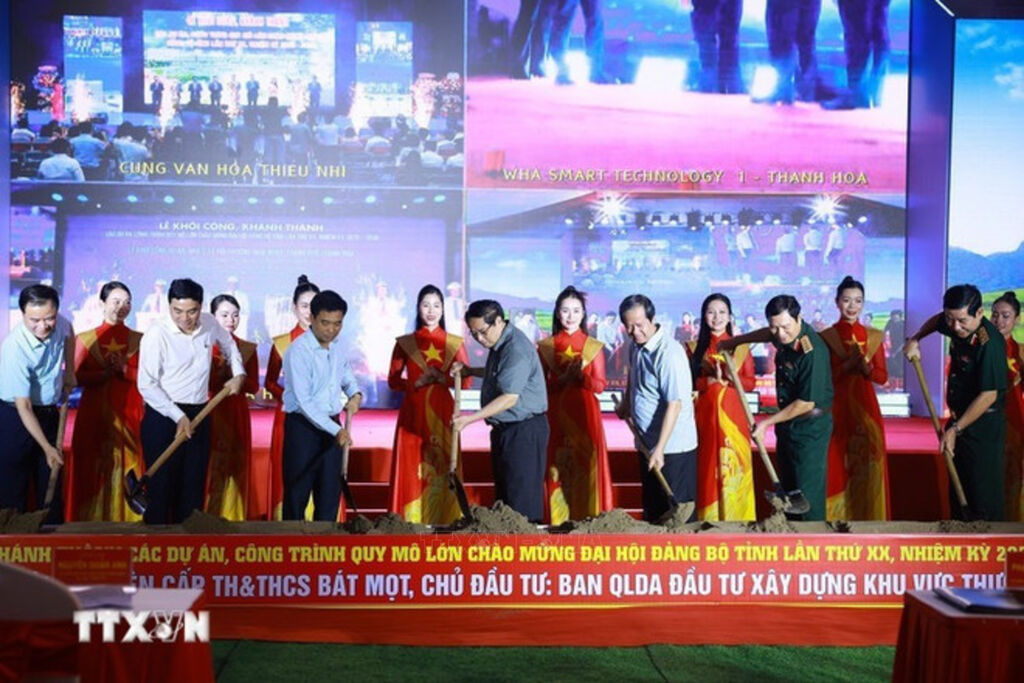 |
| Prime Minister Pham Minh Chinh (front, centre) and officials at the groundbreaking ceremony for the Bat Mot Primary and Junior Secondary Boarding School in Bat Mot commune, Thanh Hoa province, on October 14, 2025 (Photo: VNA) |
The drive for building 100 inter-level boarding schools in border communes is an important step to carry out the Politburo and the Government’s policy on educational development in disadvantaged areas, thereby contributing to social security, socio-economic development, and security – defence in border regions. It is invested with nearly 20 trillion VND (760.1 million USD) in total.
The simultaneous beginning of construction on 72 schools, with the participation of leaders of the Government, ministries, sectors, and localities, is meant to reflect the strong determination and close coordination across the entire political system in caring for students in border areas.
As many as 248 inter-level primary and junior secondary boarding schools in 248 land border communes will be built during 2025–2028, according to the Politburo’s Conclusion Announcement No. 81-TB/TW, dated July 18, 2025, on the school construction in border communes, and the Government’s Resolution No. 298/NQ-CP, dated September 26, 2025, that issued an action plan for the policy implementation./.
